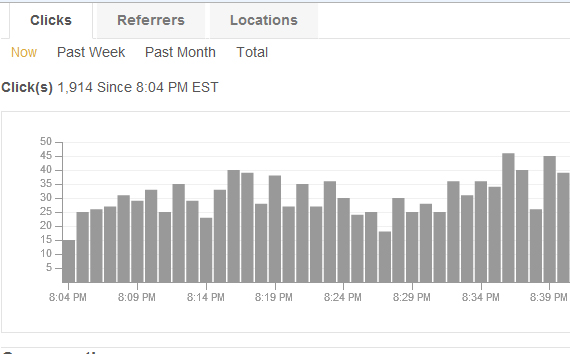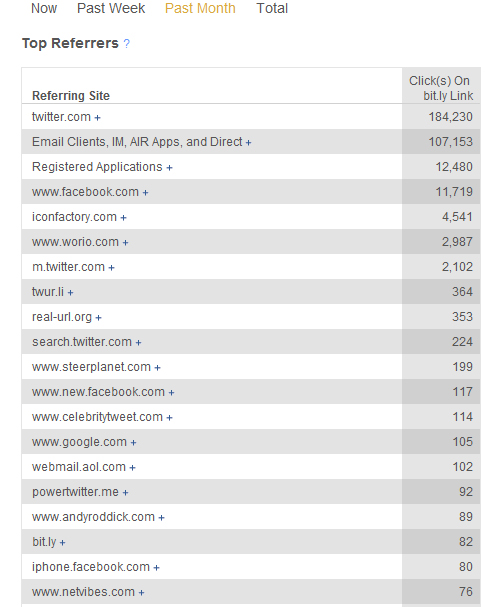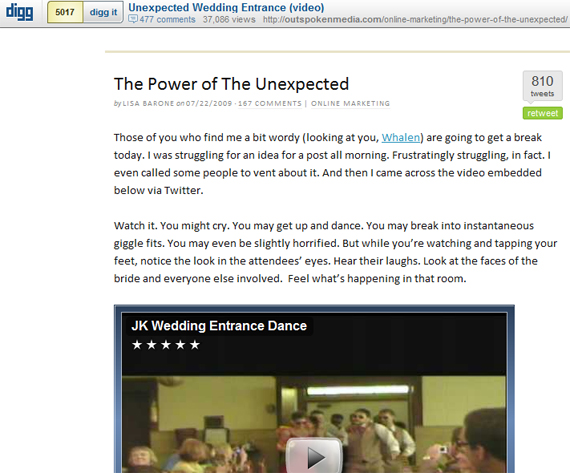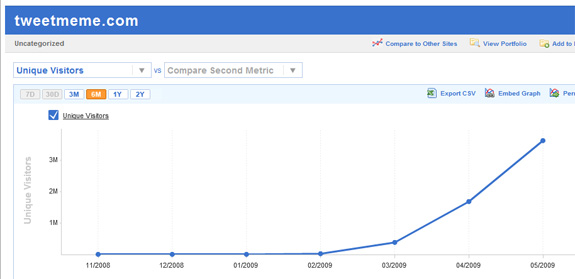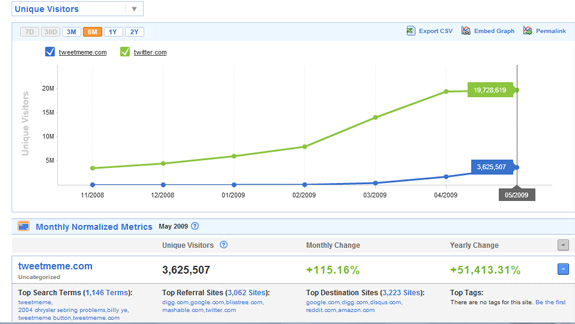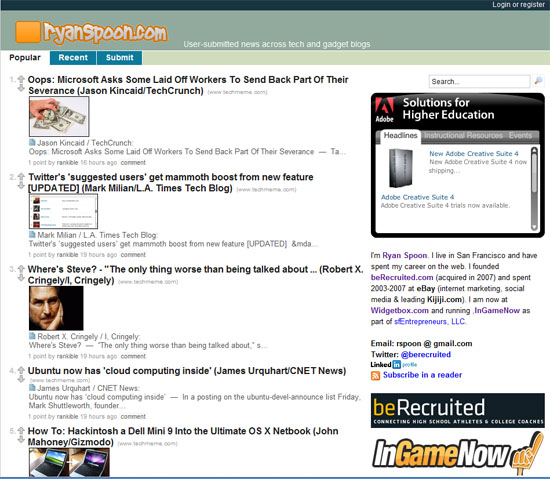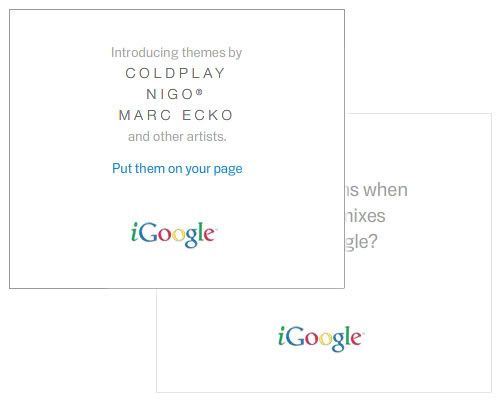Much has already been written about Digg - and two of the best pieces currently sit atop Techmeme. MG's "Requiem for a Digg" and Om's "In Memoriam: Even in losing, how Digg won." I encourage you to read both as Digg has been important - dare I say instrumental? - in how we think about aspects of tech, news, news feeds, gamification, community, algorithmic aggregation, etc. Digg can - and hopefully will - remain important. As MG wrote, "it’s hard to imagine a better steward than Betaworks to try to make that happen."
I wanted to also touch upon two themes related to Digg:
Most importantly, Digg is a fascinating paradox between aggregation and personalization. I have had blog posts hit the front page of Digg and received 75,000+ unique visits within the sixty-minutes (if my memory serves me correctly). That's a staggering amount of traffic and really, for non-major media sources, not available anywhere else. That amount of traffic and immediacy could only really occur from an aggregated, one-for-all feed (by the way, Digg's impact on the 'newsfeed' as we know it is very under appreciated). That one-for-all feed made:
- Digg such a valuable source of traffic - gave power users such power and authority - and made Digg's homepage a newspaper / Techmeme-like hub
The paradox of course is that consumers want personalization (Facebook's feed and the focus on Edgerank are an example of personalization effectively working) - but this weakens the power of the publishers and therefor the traffic generation to the top destinations. Tough to balance.
Secondly, there is a fascinating article on Slate about the imbalance of Wikipedia's power-users and what it means for content (creation, publishing, traffic): "How Kate Middleton's Wedding Gown Demonstrates Wikipedia's Woman Problem." I encourage you to also read that as it has timely parallels to Digg and its community.
Both themes are of course related: there is a difference between publishing and consuming. For those complaining that Kate Middleton's gown is not worthy of a Wikipedia entry, they don't have to read (or append) the entry. Some of that is personal choice and some of that can be affected by personalization.

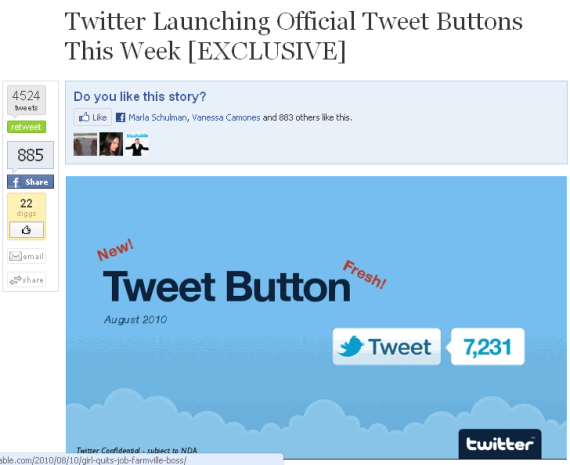
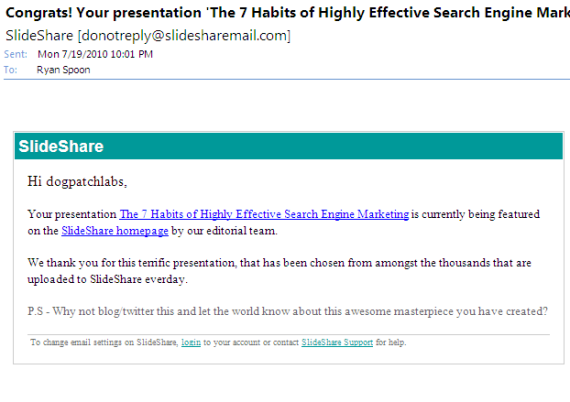
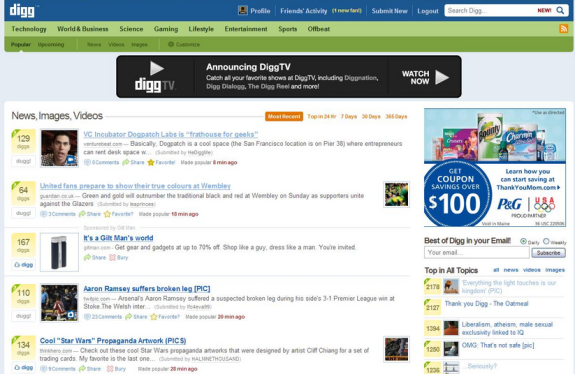
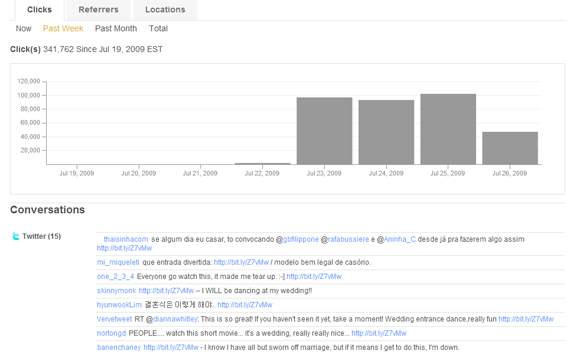 Even as the video's virality slows down, that is still 25-50 clicks per minute:
Even as the video's virality slows down, that is still 25-50 clicks per minute: